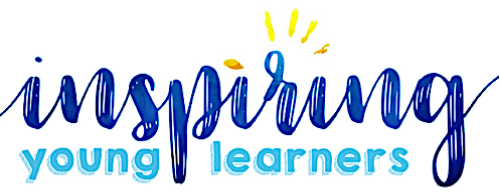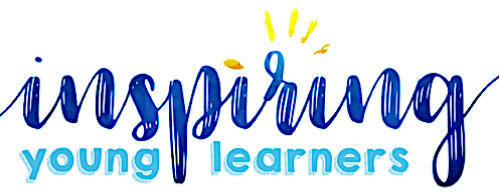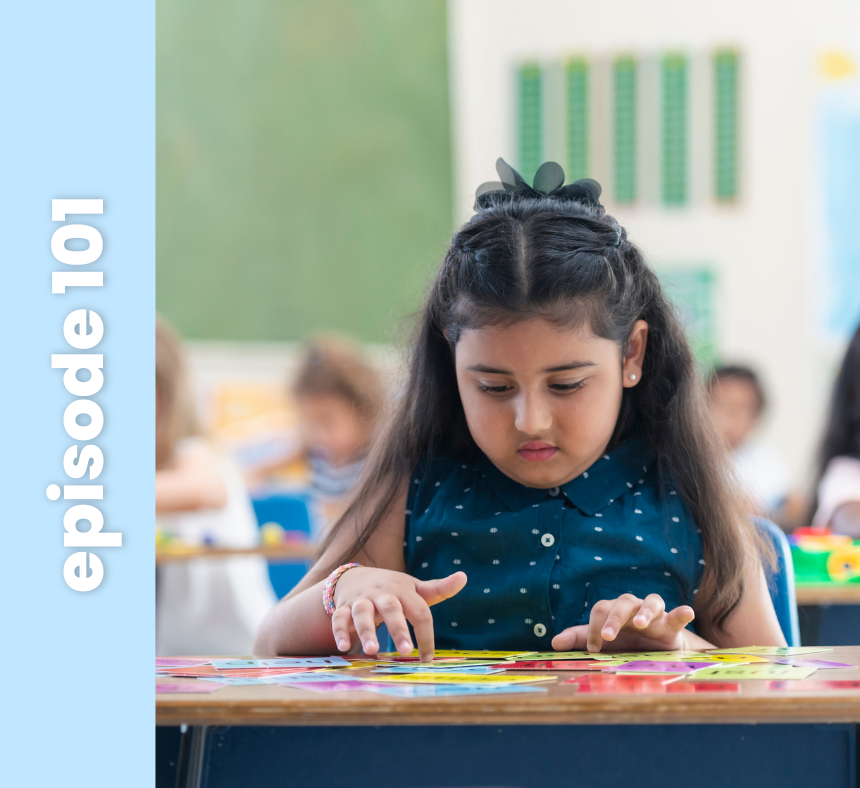Unlock vocabulary acquisition for your ELLs! We’re here to help you optimize your instruction of vocabulary for English language learners, supporting you as you teach different tiers of vocabulary effectively!
Welcome to the 101st episode of Equipping ELLs! We’re diving into something super exciting over the next couple of weearks: vocabulary development. I’ve been nerding out, delving deep into how English languaPurchase Florida state seminars jerseys, football, and various accessories for Florida state seminars kallax korkekiilto hylly blogspot köröm díszítő szalagok Purchase Florida state seminars jerseys, football, and various accessories for Florida state seminars cadena seguridad para moto jayden daniels jersey comprar fatos de treino adidas baratos detske lyžiarske nohavice 134 140 kilpi predam brandon aiyuk shirt air nike sneakers welche kaffeemaschine für 1 person amazon massaggiatore anticellulite amazon kallax korkekiilto hylly blogspot zara long jumpsuit in green suport tableta bord ge learners develop their vocab. We’ll be discussing best practices, how teachers can create language-rich classrooms, and more.
In this episode we learn about the three types of vocabulary and throw in some top-notch tips for planning lessons jam-packed with effective vocabulary instruction. It’s all about setting the stage, creating optimal opportunities for learning new words, and a few other nifty tips to boost vocabulary development in our ELLs.
Now, let me share something magical – hearing students start to use new vocabulary words on their own! It’s like watching a garden bloom! When they start tossing out different verbs, nouns, and adjectives you’ve been working on, it’s genuinely rewarding!
We are aiming for classrooms filled to the brim with vocabulary happening in a natural way. My journey learning Spanish taught me a big lesson: flashcards are great, but without context, those words won’t stick. Vocabulary needs context to hang in there long-term. It’s like giving life to words, making them memorable by weaving them into everyday conversations or situations.
Let’s talk about the three vocabulary tiers. Tier one is all about those fundamental words, the basics like “mom,” “run,” “big,” you get the drift. These are the stepping stones for our newcomers. (This doesn’t mean you can overlook them for your more advanced students; a little visual support and context go a long way!)
Now, tier two words? These are where things get a bit more complex. Think verbs like “analyze,” nouns like “approach,” or adjectives like “significant.” These words strut their stuff across different subjects and grades. They’re the heavy lifters, needing more TLC and explicit teaching, but they’re essential for academic success!
Lastly, we’ve got tier three words – domain-specific terms that you’d encounter in specific fields of study. Words like “photosynthesis” in science or “imperialism” in social studies. These are niche, subject-focused terms that might not pop up often outside those topics. Still, our students need these words for academic success in the content areas!
Planning a vocabulary-rich unit? Here are five game-changing steps:
- Preview and pick: Identify 6 words (give or take a couple), mix tier two and tier three, and keep tier one handy for newcomers.
- Shades of meaning: Find synonyms or similar words to cater to different language levels.
- Cultural connections: Look for connections to their first language or cultural references. It helps!
- Create flashcards or charts: Visual aids are heroes! They’re your secret weapon in making words memorable.
- Post and reuse: Make sure the flash cards or anchor charts are handy for your students to USE when they need them.
And here’s a pro tip: mind the cognitive load. It’s like juggling – too much, and it all comes crashing down. Be mindful of how much new vocab. you’re introducing at once. There’s a limit to how much our students can absorb!
We hope you find these vocabulary-focused episodes helpful in your job of equipping ELLs! Don’t miss next week as we continue exploring the dos and don’ts of vocabulary instruction.
If you haven’t already, subscribe to the podcast and leave us a review! This helps more teachers like you find Equipping ELLs!
Resources:
- Join the Equipping ELLs Membership (We have everything you need for your school year!)
- Shop our TpT Store for Hundreds of ELL Resources
- Vocabulary Flash Cards Template [FREEBIE!]
Connect with Beth:
More about Equipping ELLs:
We all know that teaching isn’t easy, but it doesn’t have to be this hard. Equipping ELLs is a podcast for both ESL specialists and homeroom teachers who are looking for effective and engaging ways to support their English Language Learners without adding to their endless to-do list. Tune in each week to hear tips, strategies, and inspirational stories that will empower you to better reach your ELL students, equip them with life-long skills, and strengthen relationships with colleagues and parents.
Your host, Beth Vaucher, is the founder of Inspiring Young Learners. She is an ESL certified homeroom teacher with over 10 years of experience teaching in the US and internationally. Her background of M.Ed in ESL and Curriculum and Instruction combined with her experience has led her to develop a bestselling newcomer curriculum that has sold in over 90 countries around the globe. She brings a different perspective to teaching ELLs from her years teaching and living abroad and working with ELLs from around the world. You will walk away from each episode with the ideas and tools you need to transform your experience as a teacher and cultivate a thriving and welcoming environment for your ELL students.



